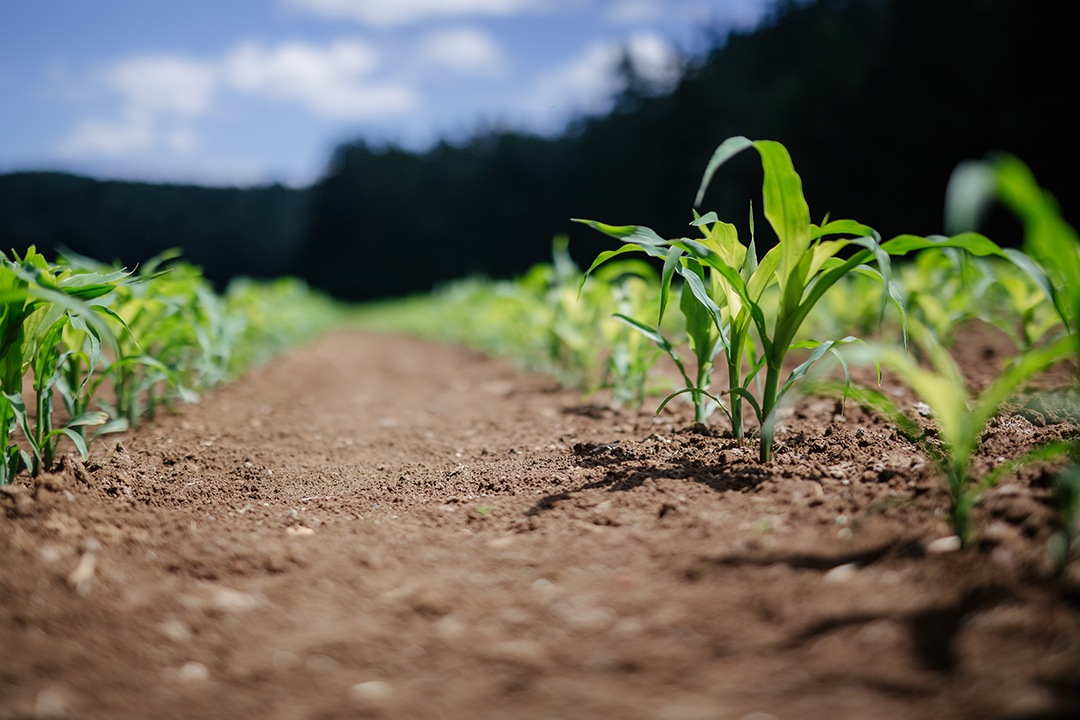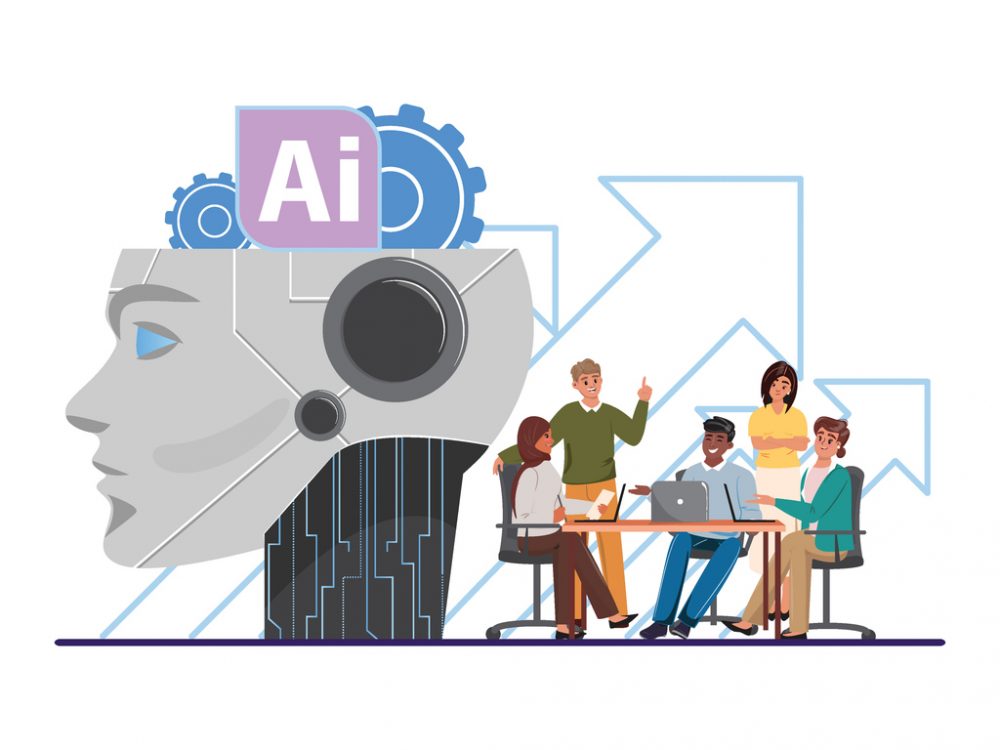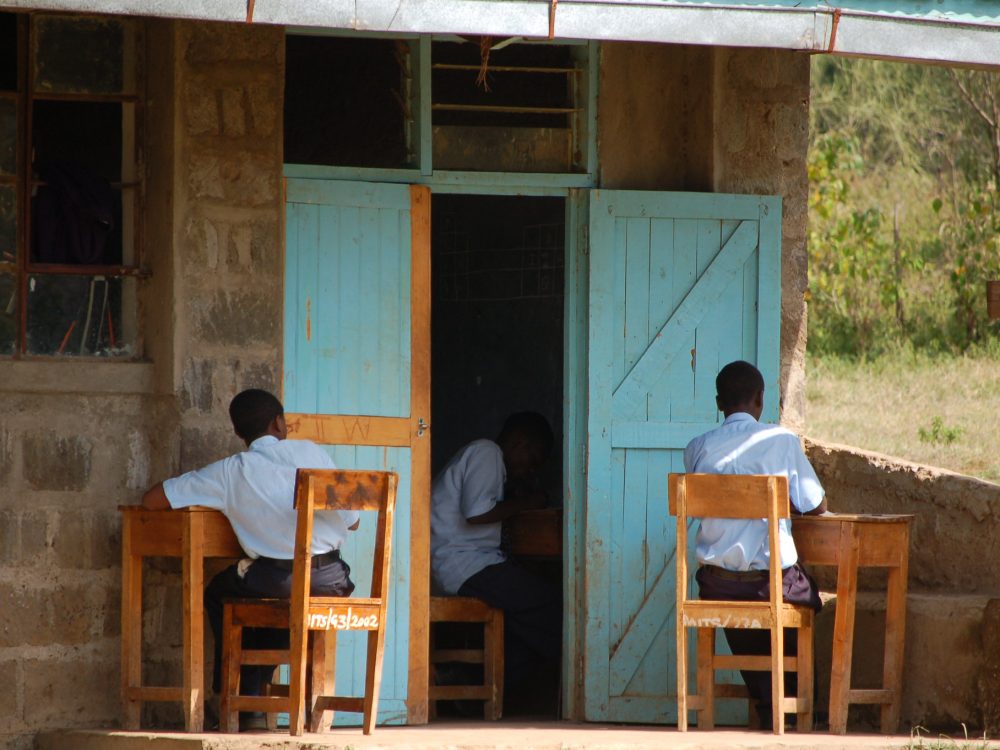
DG at the African Green Revolution Forum (AGRF)
Representatives from Development Gateway: an IREX Venture (DG) will be attending the African Green Revolution Forum (AGRF) from September 5-9 in Kigali, Rwanda to highlight two projects: the Visualizing Insights on African Agriculture (VIFAA) project and the Farmer-Centric Data Governance Models project.
Expanding VIFAA
Visualizing Insights on Fertilizer for African Agriculture (VIFAA) was originally designed as a four-year program to holistically address the supply, demand, and use of fertilizer data in sub-Saharan Africa (SSA). VIFAA focuses on better aligning the fertilizer data supply with information needs in Kenya, Nigeria, and Ghana, bringing together disparate data from existing sources and investing in innovations for filling priority data gaps. In 2022, the program was expanded to include five additional countries: Ethiopia, Malawi, Mozambique, Senegal, and Zambia.
Launching the New AfricaFertilizer.org
AfricaFertilizer.org will provide fertilizer data on 25 additional SSA countries in addition to integrating the current data dashboards for Nigeria, Ghana, and Kenya. Users of AfricaFertilizer.org will have the ability to customize data visualizations for cross-country comparison and access timely information on fertilizer markets. Within the platform, trade, consumption, production, and price data will be available.
AfricaFertilizer.org will display the recently launched Africa Fertilizer Watch dashboard, a visualization of how the Russian invasion of Ukraine has impacted the fertilizer markets of 10 countries in Eastern and Southern Africa. The Africa Fertilizer Watch dashboard also includes indicators tracking overall market risk, affordability, availability, and distribution of fertilizer. Russia’s ongoing attacks in Ukraine have caused severe fertilizer shortages as most countries in SSA rely on fertilizer imports for growing crops. This new dashboard provides transparency for decision-makers to better navigate supply chain disruptions and ensure fertilizer availability.
Remote Sensing and Machine Learning in Cropland Mapping
In Nigeria and Ghana, basic statistics on hectares of cropland and major crops are outdated, if they exist at all. Availability of reliable and up-to-date land and crop usage data will help inform the government and private sector on how to allocate investments to strengthen the agriculture sector, in particular ensuring that the availability and variety of fertilizer products meet market needs.
Through VIFAA’s innovation fund, DG generated comprehensive cropland under production maps for Nigeria in collaboration with machine learning and satellite imagery experts, Quantitative Engineering Design (QED.ai). The updated map provides information on:
- the total land under production across all crops in Nigeria,
- what percentage is under production versus uncultivated, and
- how production breaks down by state and geopolitical zone.
The dashboard and use of innovative tools to fill data gaps are resulting in better-informed decisions across Nigeria’s fertilizer sector. In 2021, DG expanded this work to map all croplands and calculate cropland estimates across Ghana.
Launching the Farmer-Centric Data Governance Models Report
While at AGRF, DG is also invited to launch the Farmer-Centric Data Governance Report, which was researched and prepared in partnership with DAI, USAID, and BMGF.
Background on Farmer-Centric Data Governance Models
While new technologies and opportunities for data have given rise to more accurate predictions and profitability, farmers are increasingly losing control of their data and the benefits derived from it. How data is governed informs which products, services, and insights are used and shapes programmatic strategy. For farmers, the increase of data collection, storage, and use by third parties is of great concern in regards to ownership and governance, insufficient regulatory guidance as well as literacy and capacity restraints. Farmers may be reluctant to share their data, particularly if it will be used and owned by someone else, which may position the farmer to have to forgo access to beneficial digital services.
The agricultural sector’s potential is limited by dominant monopolies and asymmetries of power and information (in other words, when certain groups have access to more information than others). The current data economy — certainly at the level of global, big data initiatives — is defined by a paradigm of extraction and a lack of consideration of equity, whereby individuals and communities go unrecognized beyond their use as data points and producers. Empowering farmers with more control over their data is critical to improve and protect their lives and livelihoods. Employing data governance approaches grant farmers greater agency over their contributions and meaningful participation shaped by their immediate need, thereby, rebalancing power asymmetries in profound ways.
Our Objective
This report presents our findings and recommends new ways of approaching data governance. It aims to:
- raise awareness around the current data economy and implications;
- identify user-centric data governance approaches (in particular in LMICs);
- put farmer-centric data governance approaches on the radar; and
- demonstrate purpose, value, benefits, and challenges of these practices.
About the Partners for VIFAA
International Fertilizer Development Center (IFDC) – As an independent non-profit organization, IFDC works throughout Africa and Asia to increase soil fertility and develop inclusive market systems. Combining science-backed innovations, an enabling policy environment, holistic market systems development, and strategic partnerships, the organization bridges the gap between identifying and scaling sustainable agricultural solutions, resulting in improved household food security and enriched family livelihoods around the world. Using an inclusive approach, IFDC employs locally driven solutions that are environmentally sound and impact oriented that bring change at local, regional, and national levels. More at https://ifdc.org.
AfricaFertilizer.org (AFO) – the premier source for fertilizer statistics and information in Africa. It is hosted by IFDC and supported by several partners, key among them being the International Fertilizer Association (IFA), Argus Media, and the Bill & Melinda Gates foundation through Development Gateway under the VIFAA program. Since 2009, AFO has been collecting, processing, and publishing fertilizer production, trade, and consumption statistics for the main fertilizer markets in sub-Saharan Africa. AFO has an extensive network of fertilizer industry players in the main fertilizer trade corridors and maintains key information on the major producers, their production facilities and capacities, importers/suppliers, and various distribution channels. More at https://africafertilizer.org.
Athena Infonomics – is a data-driven global consultancy that combines social science research methods and ICT tools to drive innovation in policies, processes and programs in global development. They play a supportive role for the written components and research behind the Farmer-Centric Data Governance Models Project. More at https://www.athenainfonomics.com.
Share
Recent Posts

Beyond Kigali: Where Does Africa Go from Here with AI?
As governments, funders, entrepreneurs, and technology leaders rally around the AI moment and move towards actions, at Development Gateway, we are asking a different set of questions: Where is the data, and what is the quality of the data behind the algorithms? How will legacy government systems feed AI tools with fresh and usable data? Are Government ministries resourced to govern and trust the AI tools that they are being encouraged to adopt?

Shared Struggles, Shared Solutions: Education and Cross-Sector Data Use Insights
This blog draws on DG’s experience in climate, health, aid management, and agriculture to explore connections between the challenges of data collection, data hosting, and data governance across different sectors and what the solutions to overcoming them can teach us about strengthening education data systems.

Economic Toll of Tobacco-Related Diseases in Kenya: New Research Findings
Development Gateway: An IREX Venture (DG) is pleased to announce the publication of a research manuscript on the Economic Costs of Tobacco-Related Illnesses in Kenya. This research was carried out as part of the Tobacco Control Data Initiative (TCDI) activities in Kenya and is part of a broader report on Morbidity and Mortality from Tobacco Use in Kenya.